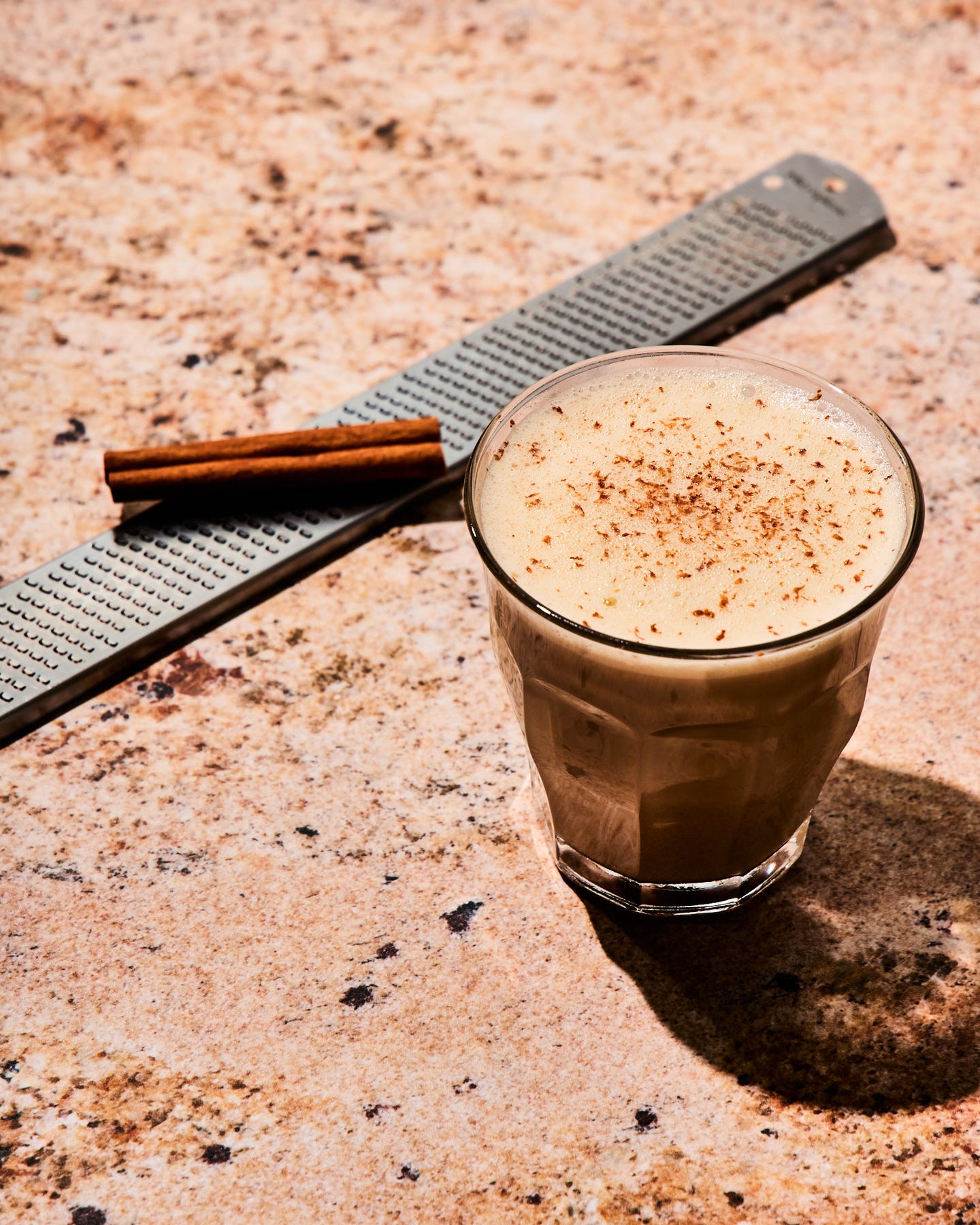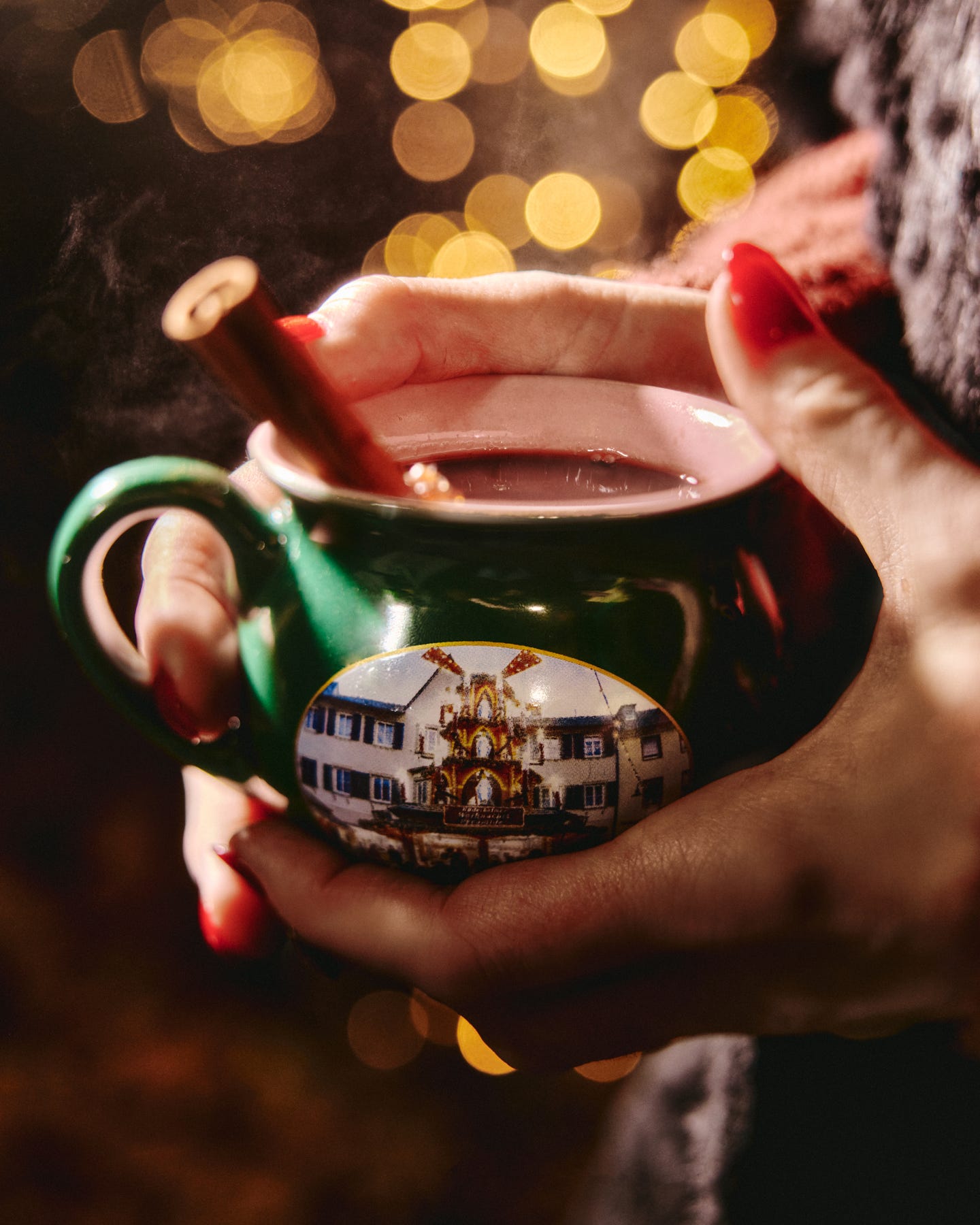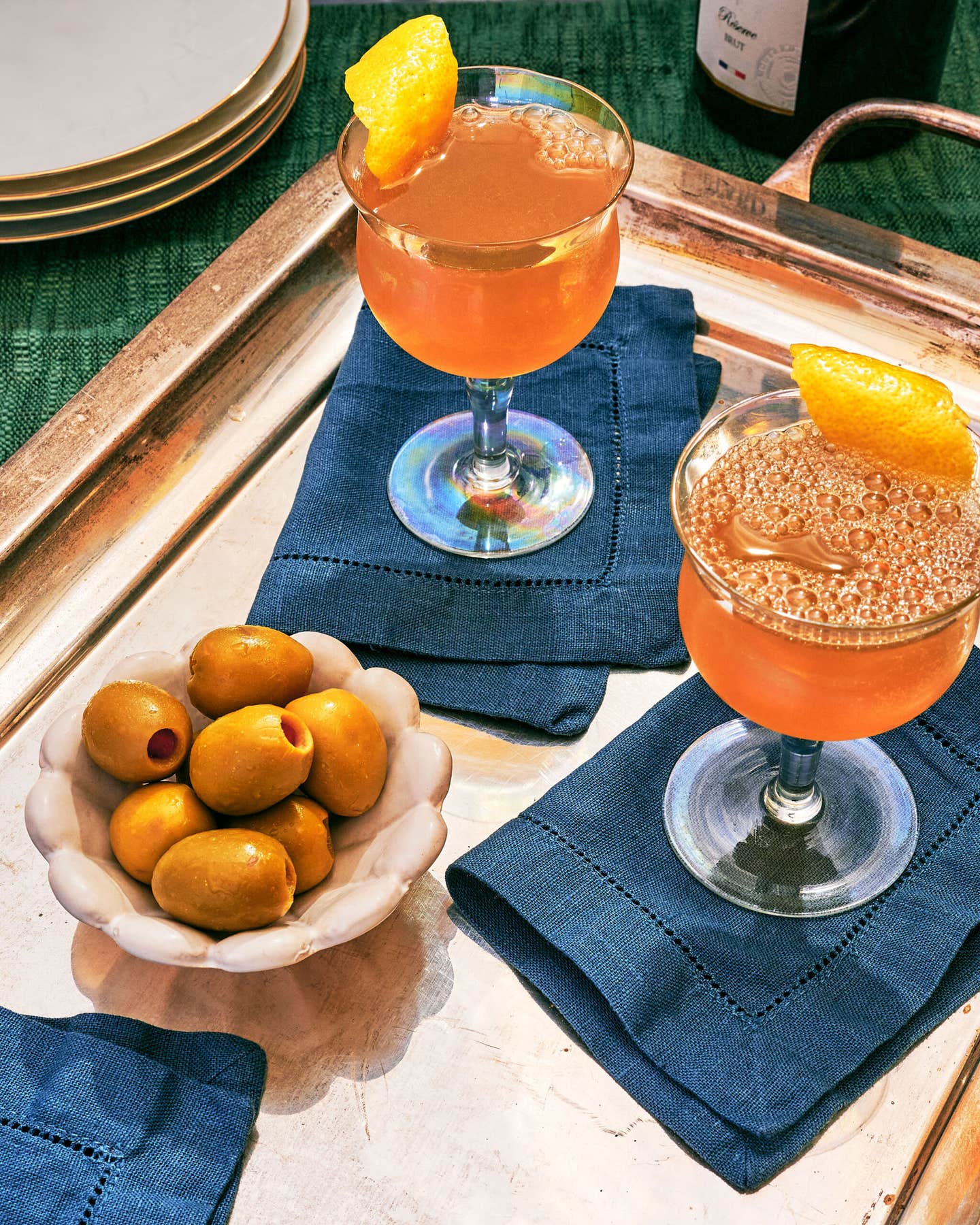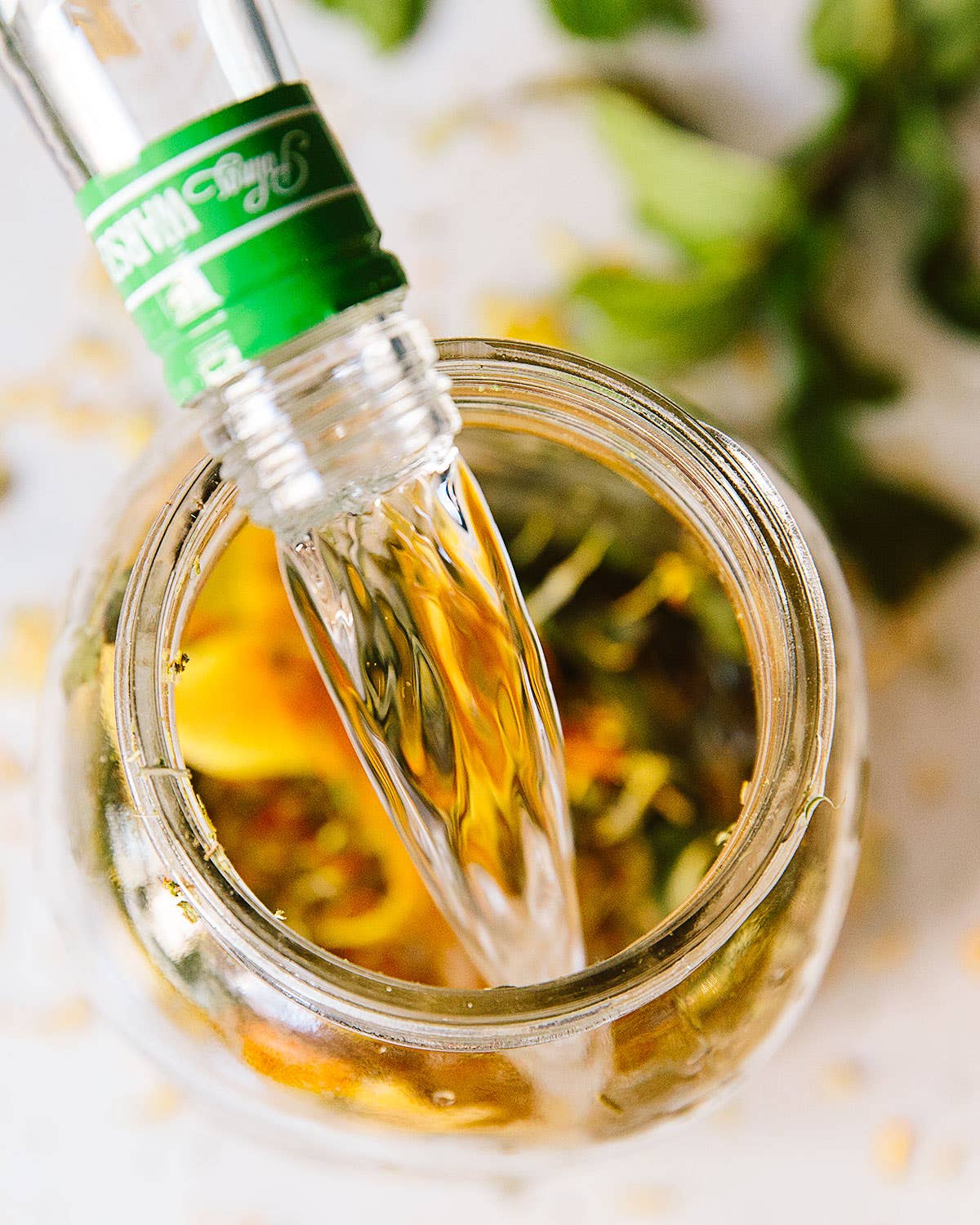
The Brewer Of Casterbridge
Late one summer, at the Farmhouse restaurant in Emmaus, Pennsylvania, just outside Allentown, I sampled a beer that was 26 years old. Ordinarily, this wouldn't be something to brag about. Unlike wine, beer is normally produced for more or less immediate consumption. Freshness is a quality much appreciated. There's even an old saying that the best beer is one consumed outside the brewery gates.
That's true in most cases, but there are a few exceptions—beers that are actually designed to improve in the bottle. Maybe 1 or 2 percent of all the world's beers fall into this category. These are usually ales (i.e., intensely flavored top-fermented beers), always strong (7 percent alcohol by volume or more), and normally bottled unfiltered, or with a dose of live yeast added to stabilize the brew as it develops over the years.
The most famous of these long-lasting beers may well be a bold, complex, enduring English brew called Thomas Hardy's Ale, first made in 1968 by Eldridge, Pope & Co. of Dorchester to commemorate the 40th anniversary of the death of novelist Thomas Hardy (Jude the Obscure, The Mayor of Casterbridge, etc.). It was this very beer—a bottle of the original release, now more than a quarter of a century old—that I tasted in Emmaus, along with samples of seven more recent "vintages" of the ale.
Eldridge, Pope has a distinguished pedigree. It was founded in 1837 at a Dorchester inn called the Antelope Hotel by the establishment's proprietors, Charles and Sarah Eldridge. The Eldridges were, by all accounts, industrious souls who toiled long and hard to build their business. Sarah even continued to run the operation after Charles's death in 1846—something not done by proper 19th-century widows—eventually bringing in one Alfred Mason as partner. When Sarah's son-in-law, John Tizard, inherited the brewery after her death, Mason stayed on with a one-third interest. In 1871 Mason retired, selling his interest to John Allen Pope and his two sons, Edwin and Alfred. When Tizard died suddenly three years later, the Popes took full control of the brewery.
Alfred Pope was not only a masterful beer marketer; he was also a school chum and, in later years, a close friend of Thomas Hardy's. Hardy was born in Dorset, the region he later rechristened Wessex in his novels—and the town he called Casterbridge was really Dorset's capital, Dorchester. In one of Hardy's lesser-known novels, The Trumpet-Major (1879), the author waxes eloquent about the local brew: "In the liquor line Loveday laid in an ample barrel of Casterbridge 'strong beer'. This renowned drink … was of the most beautiful colour that the eye of an artist in beer could desire; full in body, yet brisk as a volcano; piquant, yet without a twang; luminous as an autumn sunset; free from streakiness of taste …" When the Thomas Hardy Society of Dorset decided to re-create the "strong beer" of Casterbridge in 1968, they could scarcely have selected a more appropriate brewery than Eldridge, Pope.
Thomas Hardy's Ale was a success, and the brewery decided to continue making it. Almost at once, it gained a loyal following. One particularly dedicated connoisseur, John Hansell, organized the tasting in Emmaus, drawing the samples from his extensive "library" of beer—with the 1968 supplied by the ale's American importer.
There existed the very real possibility, we realized as we sat down to the tasting, that the oldest Hardy's had turned sour—a victim of the very age that was meant to enhance it. This possibility seemed to loom larger as we sipped the 1984 and 1982 vintages, both of which had clearly suffered from their time in the cellar. Our spirits revived, however, as we sampled the excellent, thoroughly healthy 1974. Then we opened the 1968.
I'm not sure whether this ale ever resembled Hardy's beloved Casterbridge brew. Anyway, such phrases as "brisk as a volcano" and "piquant, yet without twang" are not part of my lexicon of tasting. But this was a truly remarkable beer, and I thanked my lucky stars that I had been able to enjoy it.
Can you enjoy it, too? Probably not. I doubt that there are more than two or three dozen bottles of the original 1968 Thomas Hardy's Ale remaining in the cellars of the world—and even if you were lucky enough to find one of them, there'd be no guarantee that it would be in the same condition ours was. You can do something a lot easier and less expensive, though: Seek out more recent bottles of Thomas Hardy's and begin cellaring whatever vintages you can readily find today—even if it's only the latest release. Then just sit back and watch them age. It will almost certainly be worth the wait.
Keep Reading
Continue to Next Story










